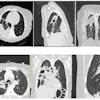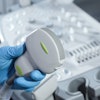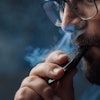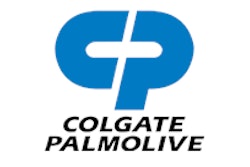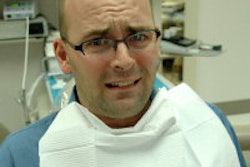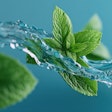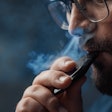A mouthwash developed by a microbiologist at the University of California, Los Angeles School of Dentistry has been shown to be highly successful in targeting the Streptococcus mutans bacteria, the principal cause of tooth decay and caries.
In a clinical study, 12 subjects who rinsed just one time with the experimental mouthwash experienced a nearly complete elimination of the S. mutans bacteria over the entire four-day testing period (Caries Research, November 2011, Vol. 45:5, pp. 415-428).
This new mouthwash is the product of nearly a decade of research conducted by Wenyuan Shi, PhD, chair of the oral biology section at the UCLA School of Dentistry. Shi developed a new antimicrobial technology called STAMP (specifically targeted antimicrobial peptides) with support from Colgate-Palmolive and C3-Jian, a company he founded around patent rights he developed at UCLA (the patents were exclusively licensed by UCLA to C3-Jian). The mouthwash uses a STAMP known as C16G2.
The STAMP C16G2 investigational drug, tested in the clinical study, acts as a sort of "smart bomb," eliminating only the harmful bacteria and remaining effective for an extended period, the university noted in a press release.
Based on the success of this limited clinical trial, C3-Jian has filed a New Investigational Drug application with the U.S. Food and Drug Administration (FDA). More extensive clinical trials are expected to begin in March 2012.
If the FDA ultimately approves STAMP C16G2 for general use, it will be the first such anticaries drug since fluoride was licensed nearly 60 years ago, according to the university.
